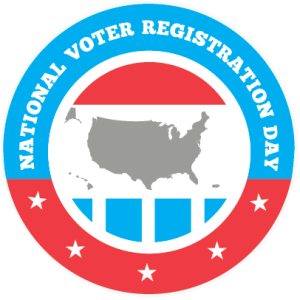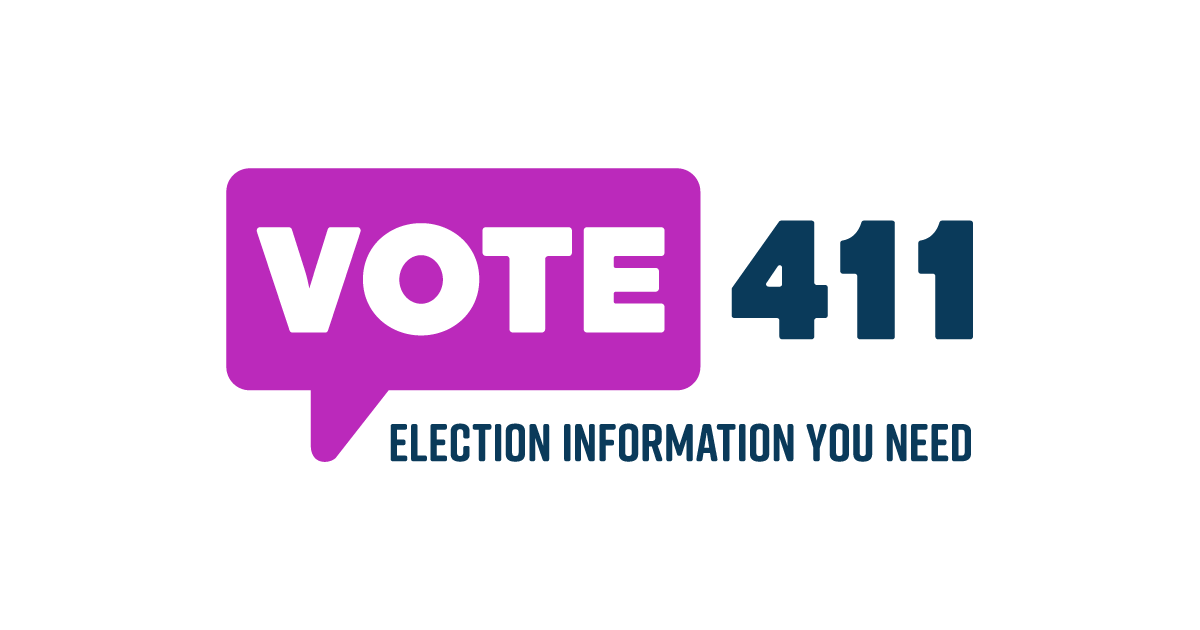
Constitution Day (and Citizenship Day) is an American federal holiday that recognizes the adoption of the United States Constitution and those who have become U.S. citizens. It is celebrated each year on September 17. Why September 17? This is the day the original document was signed and adopted in 1787. George Washington, as president of the Constitutional Convention, was the first delegate to sign, followed by the other delegates grouped by states from north to south.
We the People of the United States, in Order to form a more perfect Union, establish Justice, insure domestic Tranquility, provide for the common defense, promote the general Welfare, and secure the Blessings of Liberty to ourselves and our Posterity, do ordain and establish this Constitution for the United States of America.
Articles of the US Constitution
Article 1. Establishes the Legislative Branch.
The U.S. Congress is a legislative body that holds the power to draft and pass legislation, borrow money for the nation, declare war, and raise a military.
It is split into two parts: the House of Representatives and the Senate.
Article 2. Establishes the Executive Branch.
The President, Vice-President, Cabinet, and Departments under the Cabinet Secretaries carry out the laws made by Congress.
Article 3. Establishes the Judicial Branch: the criminal and civil court system.
The Supreme Court decides court cases according to U.S. Constitution. The courts under the Supreme Court decide criminal and civil court cases according to the correct federal, state, and local laws. Treason is also defined.
Article 4. Establishes States' powers.
States have the power to make and carry out their own laws. Outlines how to add new states.
Article 5. Establishes how to change the Constitution.
The states are responsible for ratifying amendments. New amendments can be added to the U.S. Constitution with the approval by a two-thirds vote in each house of Congress and three-fourth vote by the states.
Article 6. Establishes the supremacy of The Constitution.
The Constitution and federal laws are higher than state and local laws. All laws must agree with the U.S. Constitution. All officials have to swear an oath to the Constitution.
Article 7. Details the process for ratification, 17 September 1787.
1st - Ensures people of five basic rights: freedom of religion, freedom of speech, freedom of the press, freedom of assembly, and the right to petition the Government. (1791)
2nd - A well regulated Militia, being necessary to the security of a free State, the right of the people to keep and bear Arms, shall not be infringed. (1791)
3rd - Soldiers cannot take or live in a person's house. (1791)
4th - Prohibits unreasonable searches and seizures and requires any warrant to be judicially sanctioned and supported by probable cause. (1791)
5th - Protects a person's rights during legal proceedings. No one can be forced to be a witness against himself in a criminal case, can be tried twice for the same offense, and anyone charged with a felony must be indicted by a grand jury first. (1791)
6th - A person has the right to a fair and speedy trial by an impartial jury in the same district the crime was committed, to be informed of the offense, and to face witnesses. (1791)
7th - A person has the right to a jury trial for civil cases. (1791)
8th - The government cannot demand excessive bail or fines, or any cruel and unusual punishment. (1791)
9th - The Constitution does not include all of the rights of the people and the states. (1791)
10th - Any powers that the Constitution does not give to the federal government belong to the states. (1791)
11th - Citizens cannot sue states in federal courts.(There are some exceptions). (1795)
12th - The President and Vice President are elected on a party ticket. (1804)
13th - Slavery is illegal in the United States. (1865)
14th - Every person born in the USA is a citizen. An immigrant can become a naturalized citizen. (1868)
15th - All U.S. male citizens have the right to vote, regardless of race, color, or previous condition of servitude. (1870)
16th - Congress can tax income. (1913)
17th - Each state shall have two senators, elected for terms of 6 years. (1913)
18th - Forbids the manufacture, sale, or transportation of intoxicating liquors (Prohibition). (1919) [Repealed by the 21st in 1933.]
19th - All U.S. female citizens have the right to vote. (1920)
20th - The President is inaugurated in January. Congress begins to meet in January. (1933)
21st - Alcohol is legal. Each state can make laws about making, selling, and drinking alcohol. (1933)
22nd - The President cannot serve for more than two terms. (1951)
23rd - The U.S. Citizens in the District of Columbia have the right to vote for President. (1961)
24th - It is illegal to make a citizen pay a voting fee or take a reading test to vote. (1964)
25th - If the president dies or cannot serve, the vice-president becomes president. If both die, the Speaker of the House becomes president. (1967)
26th - U.S. citizens who are 18 years old or older have the right to vote. (1971)
27th - Congress must limit when and how much its members are paid. (1992)









